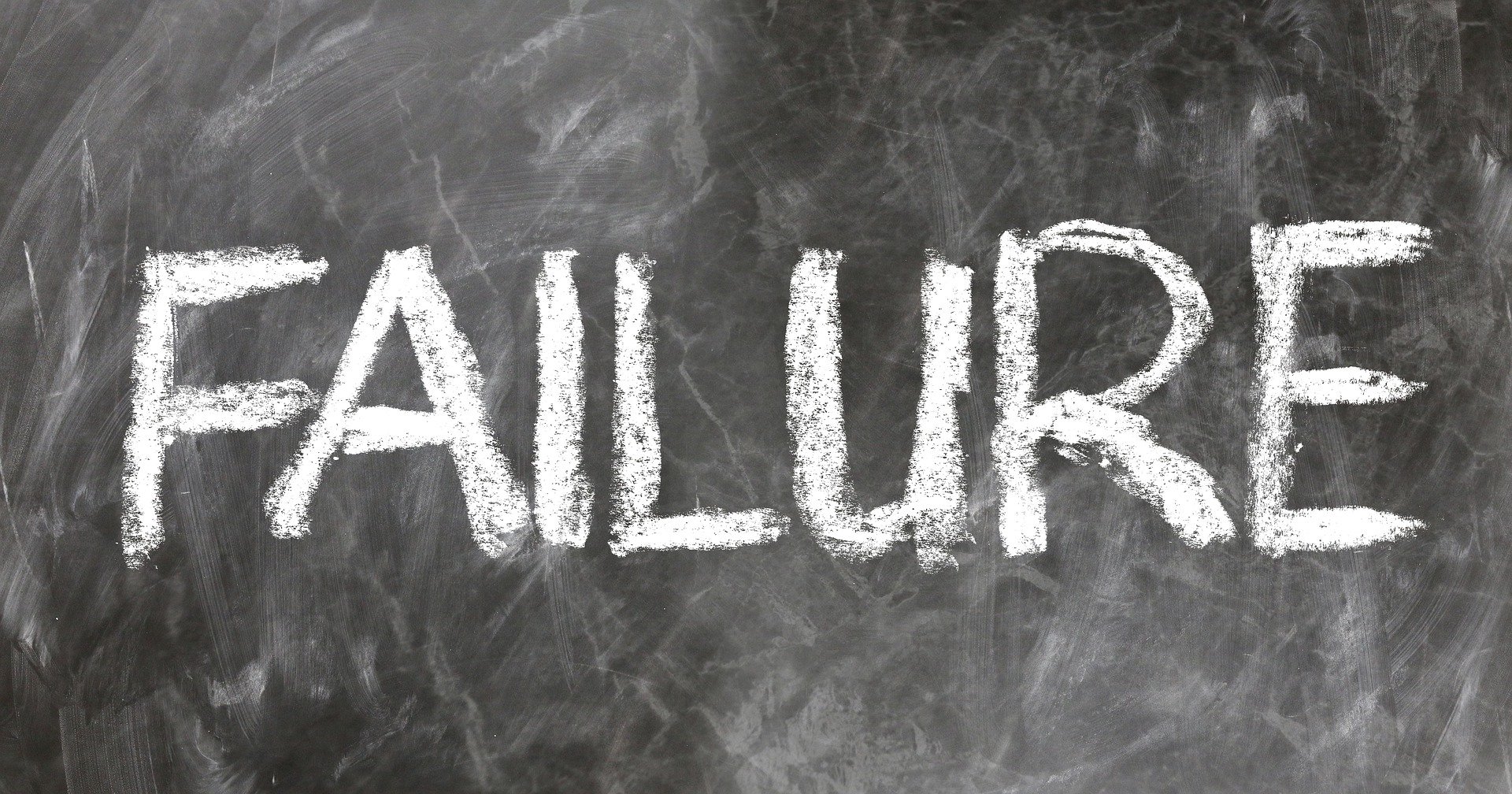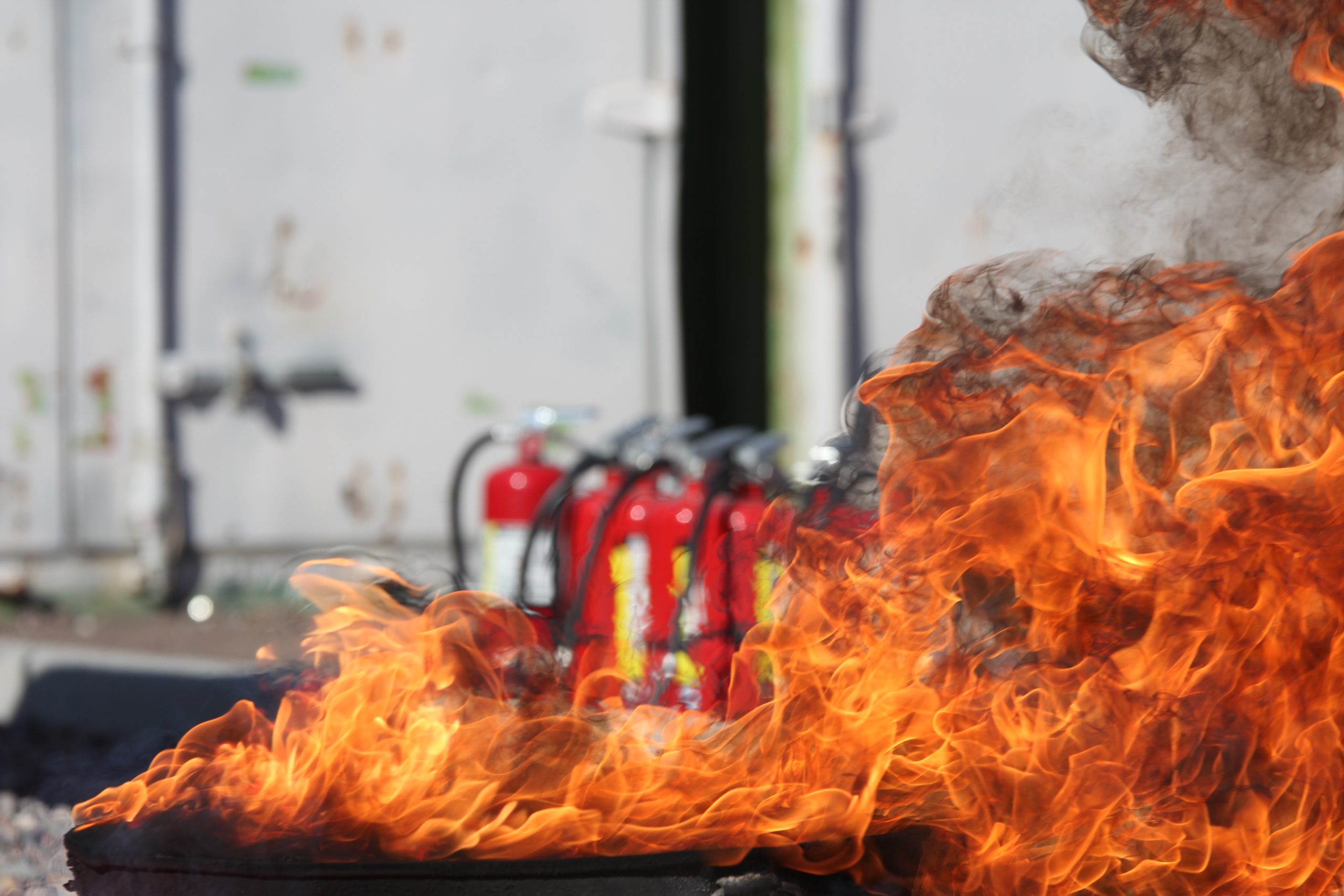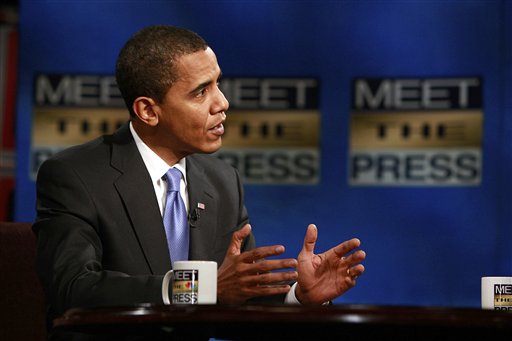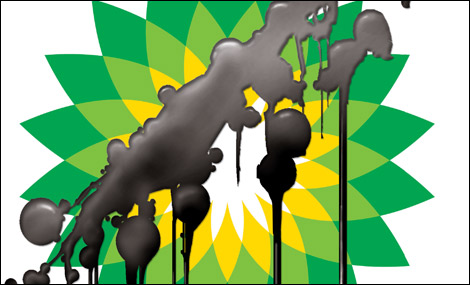It was a good year for bad moves – when it comes to PR, that is. Here’s our list for 2010’s biggest PR blunders.
BP. Let’s get it out of the way. There’s not much more to say about BP’s response to the flood of bad press after the Gulf oil spill. Its handling of the public reaction showed a lack of preparedness, poor message management, and a tone-deaf take on the public mood. BP will have a stained reputation and serve as a textbook case in bad crisis management for years to come.
Gen. Stanley McChrystal. Call this one the “runaway reputation.” We’ll never know why the General’s aides let themselves be quoted criticizing the Vice President in what was supposed to be a flattering McChrystal profile in Rolling Stone magazine. Blame the ash cloud, which led to a longer embed by reporter Michael Hastings. Or, chalk it up to the booze reportedly consumed on the bus. Whatever the cause, the sloppy media relations resulted in a lesson for PR pros and a defeat for McChrystal.
Spirit Airlines. 2010 wasn’t a smooth year for Spirit. First, it hit some rough PR weather after announcing it would charge as much as $45 per bag for checked luggage. Not popular with fliers. Then, its response to the needs of stranded passengers after a pilot strike was anything but spirited. Yet, the biggest blunder came with the tasteless ad campaign that poked fun at the Gulf oil spill. Fire the PR pilot.
Amazon.com. Amazon’s decision to sell a self-published “guide for pedophiles” was a PR nightmare. It initially defended the title on freedom of expression grounds, saying that removing it would amount to “censorship.” Coupled with its seemingly arbitrary de-listing of gay and adult-themed titles back in April, the book brouhaha showed a baffling absence of thoughtful policy around controversial content. (In my view, a private company’s decisions about its inventory is not “censorship.”) Amazon pulled the title the next day in the face of public outrage, but not after the publicity made it a Kindle best-seller. Ugh. Turn the page.
Christine O’Donnell. Was her campaign cursed? The Tea Party favorite probably would have been haunted by her decades-old appearances on late-night TV no matter what her communications plan. But, her frequent mistakes showed a lack of preparedness, and her attempt to put the whammy on the witchcraft jokes backfired in a big way. Plus, O’Donnell remains under federal investigation for misuse of campaign funds. Scary.
China and the empty chair. By trying to mount a boycott of the Nobel Peace Prize ceremony honoring jailed dissident Liu Xiaobo, the Chinese government shot itself in the foot. Though he remained in his prison cell in China, Liu’s presence dominated the entire ceremony as though he were there in person. The empty chair in Oslo spoke louder than any PR offensive the Chinese could have mounted.
The Transportation Security Administration. Pity the TSA. Its new screening protocol flew right into a perfect storm of public concern over privacy and government regulation, and a slow news weekend. Though it responded to grassroots outrage with savvy use of social media, it failed to get out in front of the story. TSA messaging was heavy on factoids, yet short on empathy. Even Captain “Sully” Sullenberger bashed the patdowns as, um, heavy-handed. A stronger education campaign, including an influencer outreach, in advance of the holiday might have helped.
Lebron James. This guy’s on everyone’s list. His move to Miami was one thing. But the truly bad “Decision” here was to drag out the announcement in an egocentric and overhyped hourlong ESPN television special. The melodrama played badly with fans, and the relentless focus on James (rather than the team), left him poised for a fall.




